Step into 1975, a year of spectacle and shifting power. U.S. forces flee Saigon. Cambodia’s capital surrenders. Patty Hearst goes on trial. President Ford faces scrutiny, and meets world leaders amid global unrest. General Franco passes away in Spain. In Britain, Margaret Thatcher rises. At home, space triumphs lift spirits. “Jaws” terrifies theatergoers. Dylan and Wonder reshape sound. Springsteen is hailed as rock’s future. The Steelers clinch their first Super Bowl. Ashe wins Wimbledon in historic fashion. Muhammad Ali triumphs in Manila. UCLA dominates the court, and the Reds take the World Series. 1975 saw the world react, adapt, and push forward.
If you want to delve deeper with original reports of what happened in 1975, why not take a look at our 1975 Newspaper Book?
1975 Timeline
January
January 1: Evidence grows that the CIA broke its domestic charter by surveying its own citizens in the United States.
January 2 – 4: Sentencing begins for key Watergate conspirators, including Haldeman and
Ehrlichman, as the scandal nears its legal conclusion.
January 4: A distinguished panel is named to probe the CIA.
January 6: ABC to begin early morning show, AM America will be taking on NBC’s established ‘Today’ programme.
January 12: Pittsburgh Steelers win their first Super Bowl, defeating the Vikings 16 – 6 and ending 42 years of frustration.
Delve deeper into the history of the Pittsburgh Steelers
January 15: Space Mountain opens at Walt Disney World in Florida, after a decade of design and
development.
January 20: Bob Dylan’s new album ‘Blood on the tracks is released’.
Step into the story of Bob Dylan

January 21: In the UK, unemployment figures rise above 800,000, sparking widespread concern over the strength of the British economy and increasing pressure on the Labour government.
January 29: A bomb explodes in the U.S. State Department. The Weather Underground, a radical group, claims responsibility.
February
February 3: In the UK, Margaret Thatcher is the challenger to Edward Heath and could become the first female leader of the party.
February 11: Margaret Thatcher is elected leader of the Conservative Party, becoming the first woman to lead a major political party in Britain.
Step into the story of Margaret Thatcher
 Margaret Thatcher. Image: Wikipedia
Margaret Thatcher. Image: Wikipedia
February 14: Richard Thomas John Boy in “The Waltons” gets married to Alma Gonzales in Los Angeles.
February 14: Humorist P.G. Wodehouse passes away at 93.
February 18: At the American Music Awards, Olivia Newton-John wins top honors in the country
category, while “Midnight Train to Georgia” by Gladys Knight & the Pips is named best soul/R&B single.
Delve deeper into the history of Country Music
February 21: President Gerald Ford requests $300 million in military aid for South Vietnam.
February 28: Khmer Rouge forces had nearly encircled Phnom Penh. U.S. officials expressed
growing alarm, and evacuations were being considered.
February 28: A tube train crashes at Moorgate station, killing 43 and injuring dozens. It is the
worst disaster in the history of the London Underground.
March
March 1: Stevie Wonder and Olivia Newton-John named best male and female pop vocalists at the 17th annual Grammy Awards, Aretha Franklin retained the best rhythm and blues singer award.
March 6: Dockworkers strike across the UK.
March 14: Actress Susanna Hayward dies at the age of 55.
March 15: Aristotle Onassis, Greek shipping magnate and husband of Jacqueline Kennedy, dies in France at 69.
March 24: Mariner 10 completes third and final flyby of Mercury.
March 25: King Faisal of Saudi Arabia is assassinated in his royal palace by a mentally unstable nephew.
April
April 1: UCLA defeats Kentucky 92 – 85 in the NCAA championship. Ralph Drollinger and Richard Washington lead the Bruins to coach John Wooden’s 10th and final title.
Discover the history of The Bruins
April 3: Bobby Fischer rejects rules for chess match and forfeits the title and a chance to win 3 million pounds
April 6: US and Soviet crews eagerly await joint space flight.
April 9: Godfather Part 2 wins 6 Oscars, including best picture.
Read all about the history of The Oscars

April 12: Singer Josephine Baker dead in Paris at the age of 68.
April 17: Phnom Penh surrenders to Khmer Rouge forces, ending a five-year war in Cambodia.
April 20: John Cullum, Ellen Burstyn, Angela Lansbury, John Kani, and Winston Ntshona win big at the 29th Tony Awards.
April 24: 5 Terrorists take over Stockholm embassy. Demanding 20,000 and the freeing of several prisoners in Germany.
April 29: U.S. helicopters begin the emergency evacuation of Americans and South Vietnamese
from Saigon. U.S. involvement in the Vietnam War ends in chaos and haste.
April 30: The city falls to North Vietnamese forces.
Delve deeper into the history of the Vietnam War
May
May 3: West Ham wins the FA Cup, beating Fulham 2 – 0, with Bobby Moore playing on the losing
side.
Step into the history of West Ham
May 4: Moe Howard, the last of the original Three Stooges, dies of lung cancer at 77.
May 6: A devastating tornado strikes Omaha, Nebraska. Three people are killed and more than 130 injured as the storm tears through a 10-mile stretch of homes and businesses.
May 12: Cambodian forces seize the unarmed American merchant ship SS Mayaguez. The U.S. 7th Fleet is dispatched to the Gulf of Thailand in response.
May 15: U.S. Marines recover the Mayaguez crew in a violent rescue operation. The last official battle of the Vietnam War leaves 41 Americans dead.
May 15: Barbara Walters wins her first Daytime Emmy for The Today Show. The Young and the Restless is named best daytime drama.
May 19: The Mary Tyler Moore Show wins big at the Primetime Emmys, taking home Outstanding Comedy Series.
May 25: Bobby Unser wins his second Indianapolis 500 in a rain-shortened race. Over 300,000 fans brave the storm at the Brickyard.
Follow the history of the Indianapolis 500
May 27: The Philadelphia Flyers defeat the Buffalo Sabres 2 – 0 to win the Stanley Cup for a
second year. Fans celebrate with a four-mile street party in Philly.
May 28: European Cup final, Bayern Munich beats Leeds 2 – 0 in Paris.

Image: The Daily Mail
June
June1: Ford holds talks with Franco in Madrid, securing assurances on U.S. basing.
June5: Suez Canal reopens, resuming global shipping after eight years.
June 5: Britain holds its first-ever national referendum on European Economic Community (EEC) membership; 67% vote to remain.
June 9: For the first time, UK parliamentary proceedings are broadcast live on radio
June 20: Jaws premieres, setting the standard for summer blockbusters.
Discover the history of Films of the 1970s
June 25: Mozambique becomes independent and declares Samora Machel as leader; India enters its Emergency period under Indira Gandhi.
June 26: FBI agents are killed at Pine Ridge in a high-profile shootout involving AIM.
July
July 5: Billie Jean King won the Wimbledon tennis crown for the 6th time. She beat 1971 winner Evonne Goolagong in the most one sided women’s final since 1951.
July 5: Arthur Ashe triumphed over Connors (6–1, 6–1, 5–7, 6–4), becoming the first Black man to win Wimbledon’s men’s singles title.
Step into the history of Wimbledon
July 4: At Daytona International Speedway, Richard Petty won the Firecracker 400, finishing 2.35 seconds ahead of Buddy Baker.
July 17: The Apollo–Soyuz Test Project docking occurs, marking a historic US–Soviet handshake in space
July 19: Hatton Cross Station opens on London’s Piccadilly line, extending access to Heathrow Airport
August
August 1: Former Teamsters President James Hoffa is missing and there is speculation that he has been kidnapped or slain.
August 1: A magnitude 5.9 – 6.1 earthquake struck near Oroville, CA, on August 1, injuring up to 15 people. Chimneys collapsed, windows shattered, but no major structural damage occurred. It was one of the few earthquakes to be successfully predicted based on intense foreshock patterns
August 11: British Leyland, facing severe financial strain, was nationalised by the UK government after struggling to compete and missing loan targets.
August 21: Viking Spaceship blasts off from earth at cape Canaveral.

Viking 1. Image: Wikipedia
August 25: Bruce Springsteen released his iconic album "Born to Run", a breakthrough in his career that catapulted him to international acclaim.
September
September 5: U.S. President Gerald Ford narrowly escaped an assassination attempt in
Sacramento, California. Lynette “Squeaky” Fromme, a follower of Charles Manson, pointed a pistol at him, but no shots were fired and no one was hurt.
September 5: The London Hilton is bombed by the IRA, killing two and injuring 63.
September 14: In Rome, Pope PaulVI officially canonized Elizabeth Ann Bayley Seton, founder of the Sisters of Charity and U.S. parochial school system, making her the first American-born saint.
September 18: After 19 months on the run with the Symbionese Liberation Army, Patty Hearst was arrested in San Francisco. She faced 19 counts, including armed robbery, related to her involvement in a bank heist.
September 19 – 21: At Laurel Valley, Pennsylvania, the U.S. team decisively beat Great Britain & Ireland 21 – 11. It was the first time non-British players were eligible, marking a turning point in Ryder Cup history.
Discover the history of the Ryder Cup
September 22: In San Francisco, Sara Jane Moore fired two shots at President Ford during a public speech, missing both. She was immediately detained. Ford survived his second attempt on American soil within 17 days.
September 23: Oliver simple is held up as a hero for saving the life of the president, but he insists: ‘I am not a hero, I’m a live coward’.
October
October 1: Muhammad Ali defeated Joe Frazier via a 14th-round technical knockout in their legendary “Thrilla in Manila” heavyweight title bout at the Araneta Coliseum in Manila.
Step into the story of Muhammad Ali
October 5: Niki Lauda wins the U.S. Grand Prix and secures his first Formula 1 World
Championship.
October 6: Chilean anti-terrorist decree issued as the military regime begins suppressing
insurgent activity under Pinochet.
October 22: The Cincinnati Reds clinched the World Series with a 4 – 3 Game 7 victory over the Boston Red Sox at Fenway Park.
Explore the history of the Cincinnati Reds
October 22: Venera 9, a Soviet probe, lands on Venus—the first spacecraft to return images from the planet's surface.
October 25: Cleveland hosted a major conference celebrating the UN’s International Women’s Year, featuring speeches, workshops, and entertainment. First Lady Betty Ford delivered a keynote emphasizing equality and development.
October 30: General Franco ceded day-to-day powers to Prince Juan Carlos, designating him acting head of state.
November
November 4: The UK government under Harold Wilson faces rising inflation, reaching 24.2%—the highest in decades.
November 12: The film One Flew Over the Cuckoo's Nest, starring Jack Nicholson, premieres in the United States, later becoming a critical and box office success.
November 15: President Ford travels to Paris for a 3 day economic summit of leaders from 6 major non-communist nations, preparing to submit proposals for restoring worldwide prosperity.
November 20: Spain mourns Franco’s death. Ronald Reagan begins the launch of his republican presidential campaign.
November 22: King Juan Carlos I proclaims the restoration of the Spanish monarchy following Franco’s death, ending nearly 44 years of authoritarian rule and beginning Spain’s transition to democracy.

Juan Carlos during the proclamation ceremony. Image: The Guardian
November 28: The first successful test flight of the Concorde supersonic airliner takes place, marking a new era in commercial aviation.
November 30: Rolling Stone features Bruce Springsteen as “Rock’s Future,” following his
breakout album Born to Run (released August 1975), establishing him as a major new voice in American rock.
Step into the story of Bruce Springsteen
December
December 1: New York City faced a severe fiscal crisis, prompting the state government under Governor Hugh Carey to impose financial oversight and control mechanisms to prevent municipal bankruptcy.
December 9: The United Nations General Assembly adopts a resolution condemning apartheid and calls for sanctions against South Africa.
December 15: Arthur Treacher, known as a classic British butler figure in films and TV, died in Santa Monica, California.
December 17: The British government announces plans for the North Sea oil exploration to boost the economy amid energy crises.
December 21: The Apollo-Soyuz Test Project preparations continue for the historic July 1976 joint US-Soviet spaceflight, fostering détente in space cooperation.
December 24: President Gerald Ford signed a tax cut extension, increases in veterans’ pensions, and legislation promoting the metric system (Metric Conversion Act of 1975) aimed at encouraging voluntary conversion to metric measures.
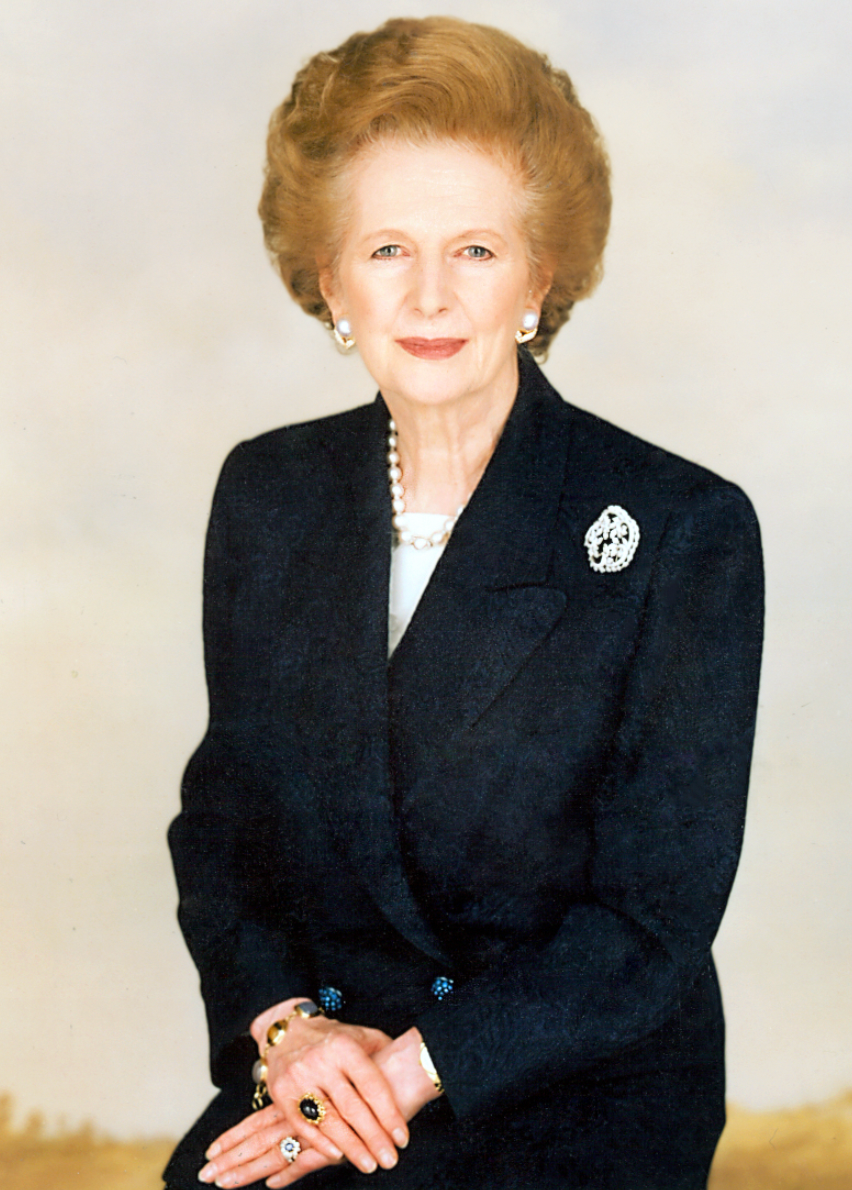
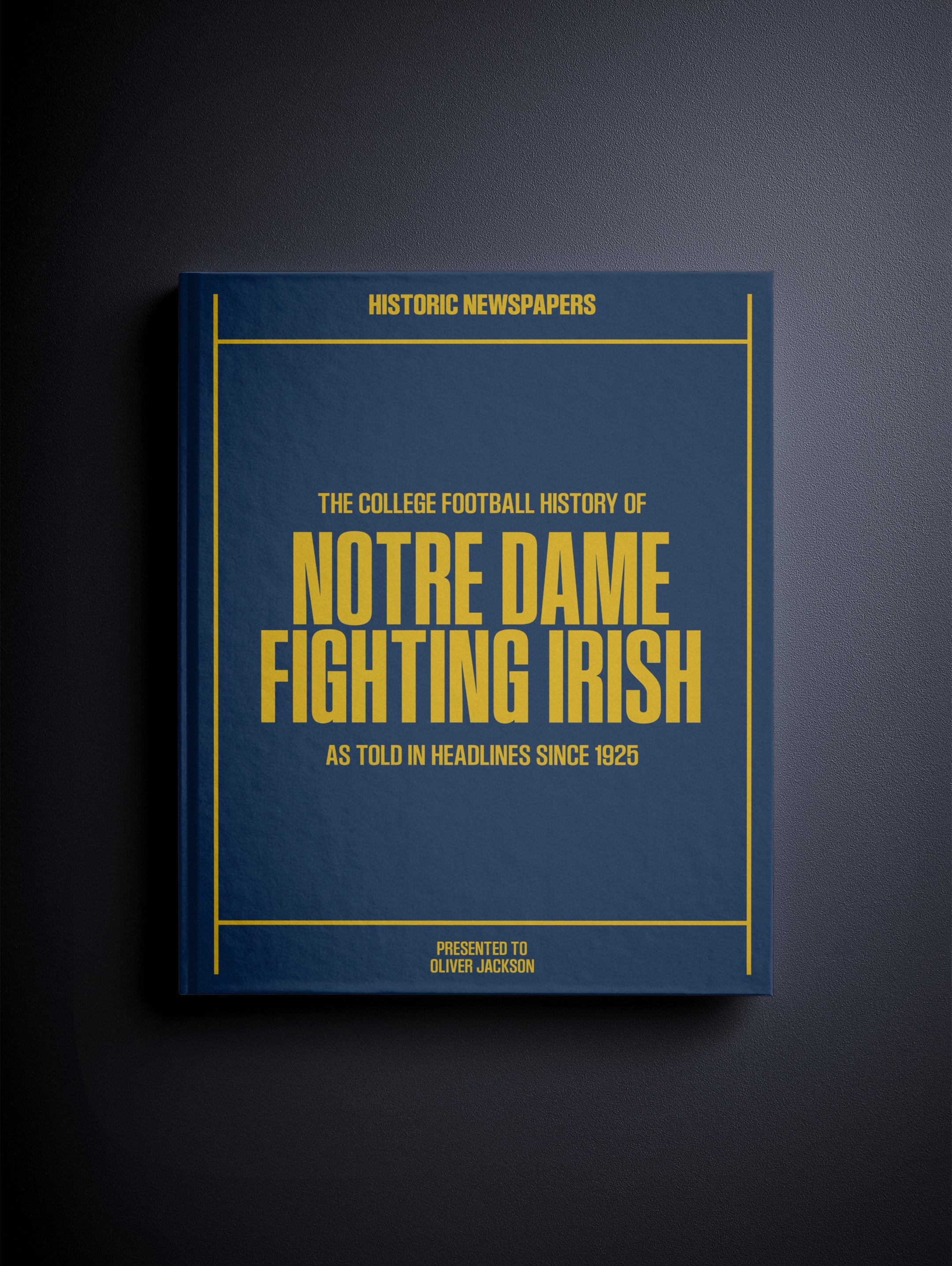
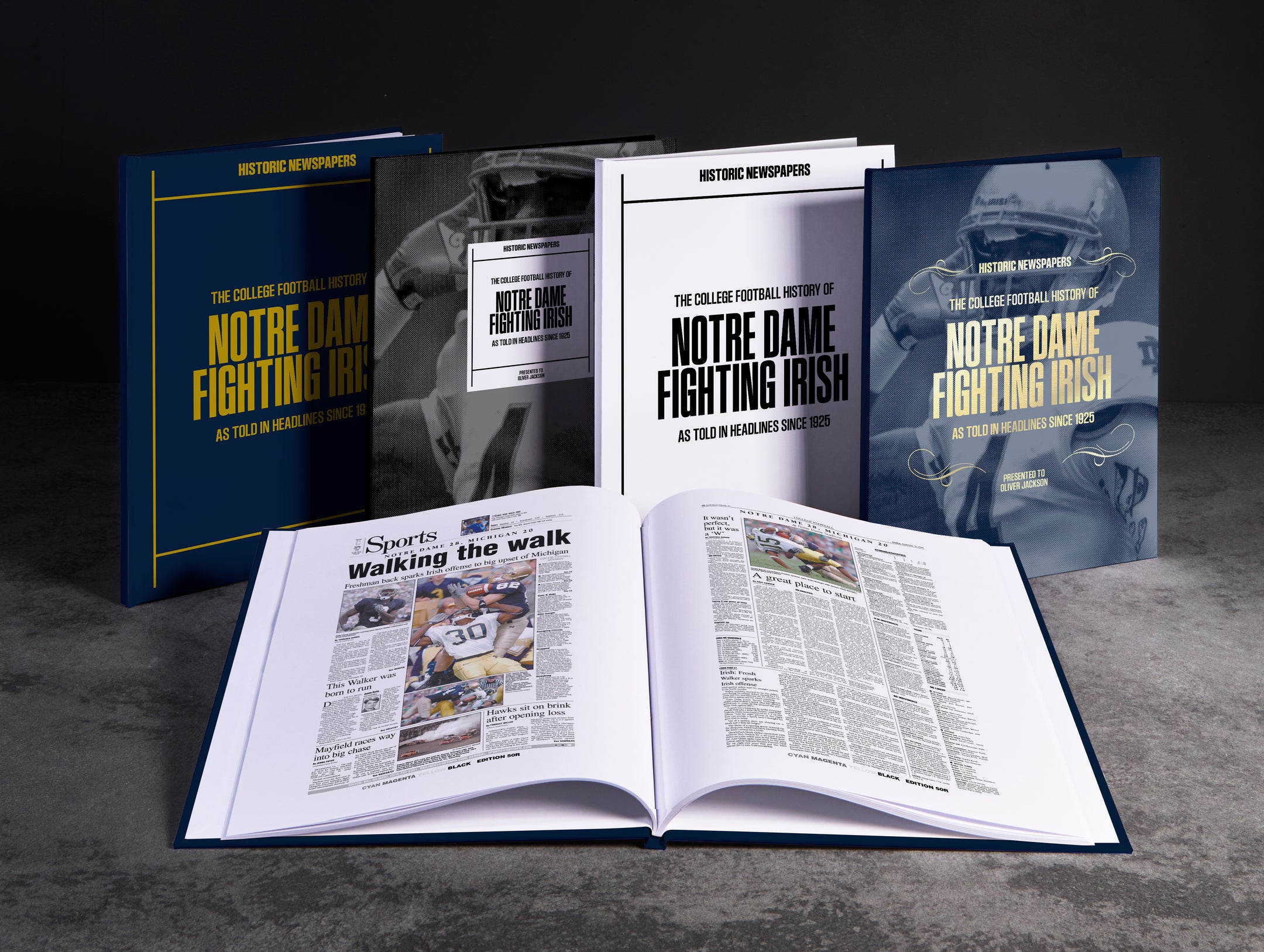
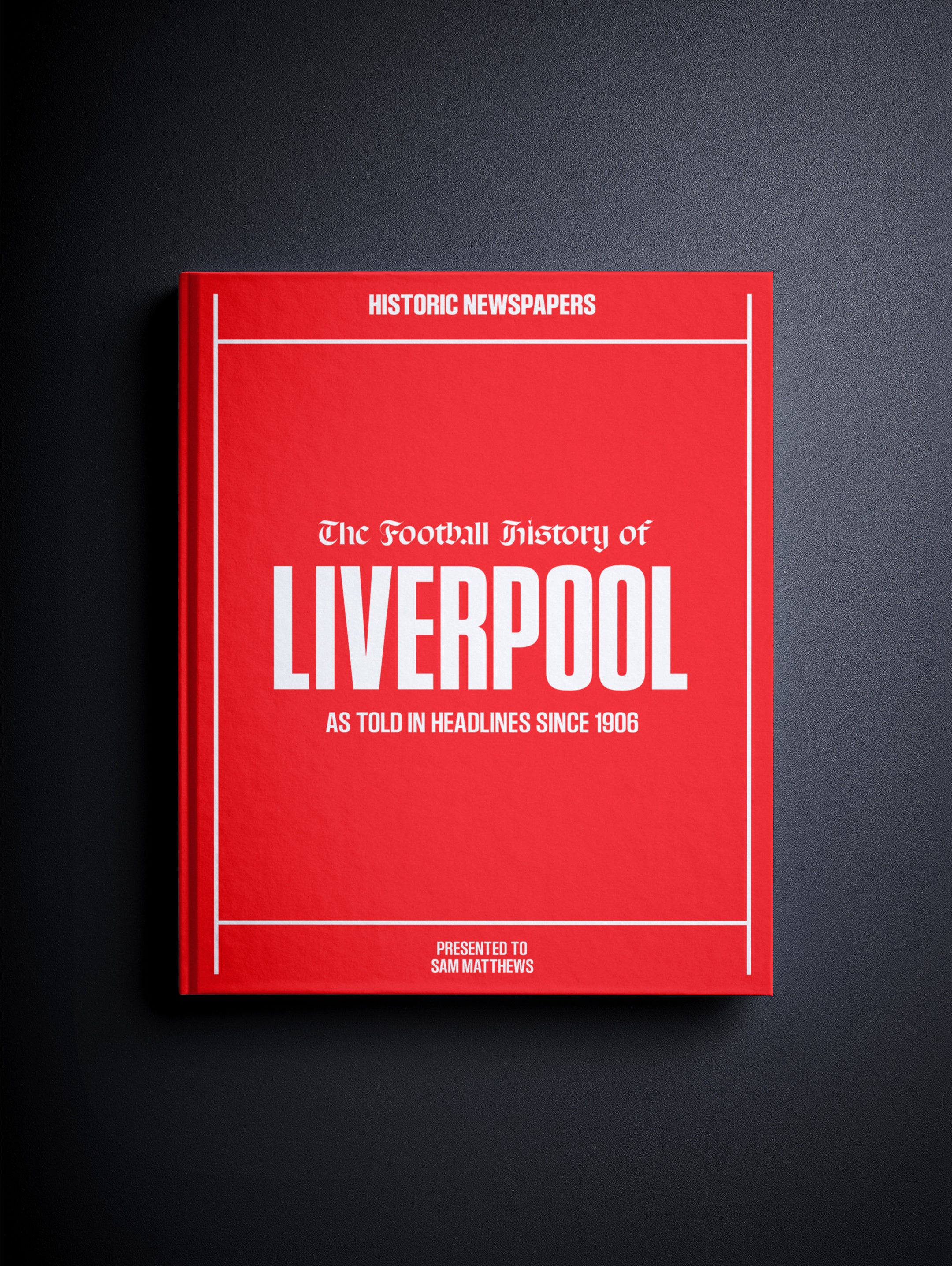



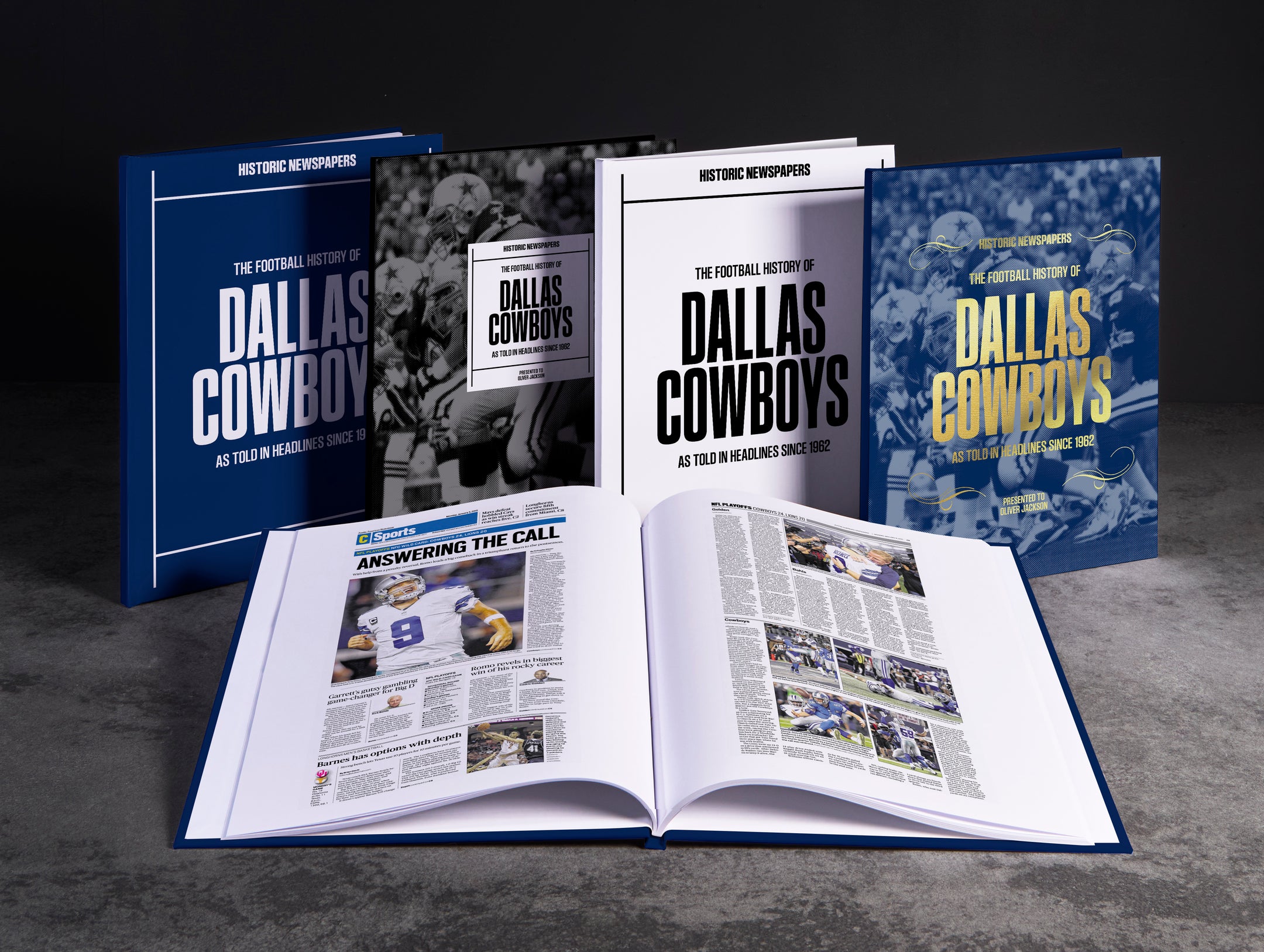
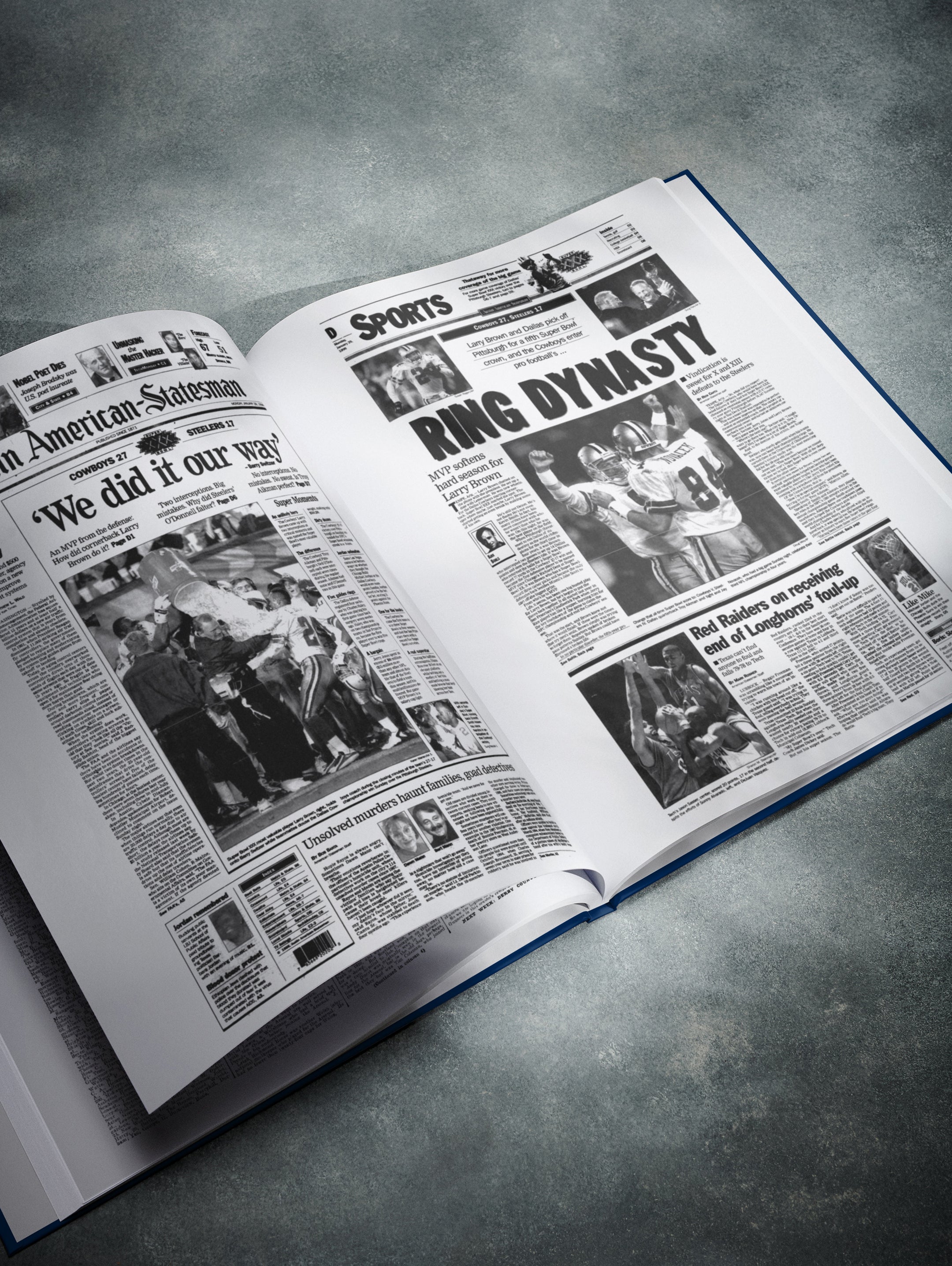
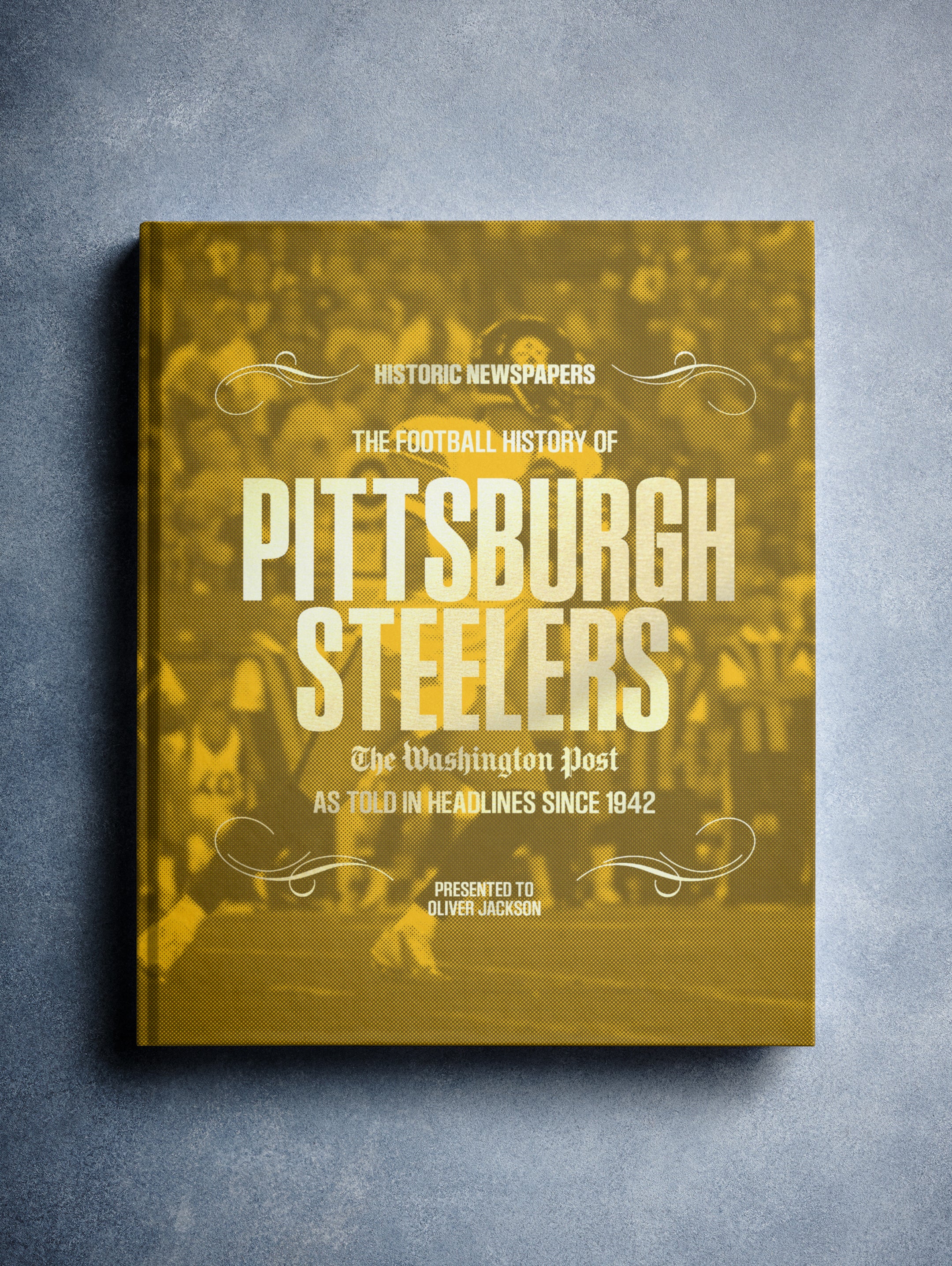

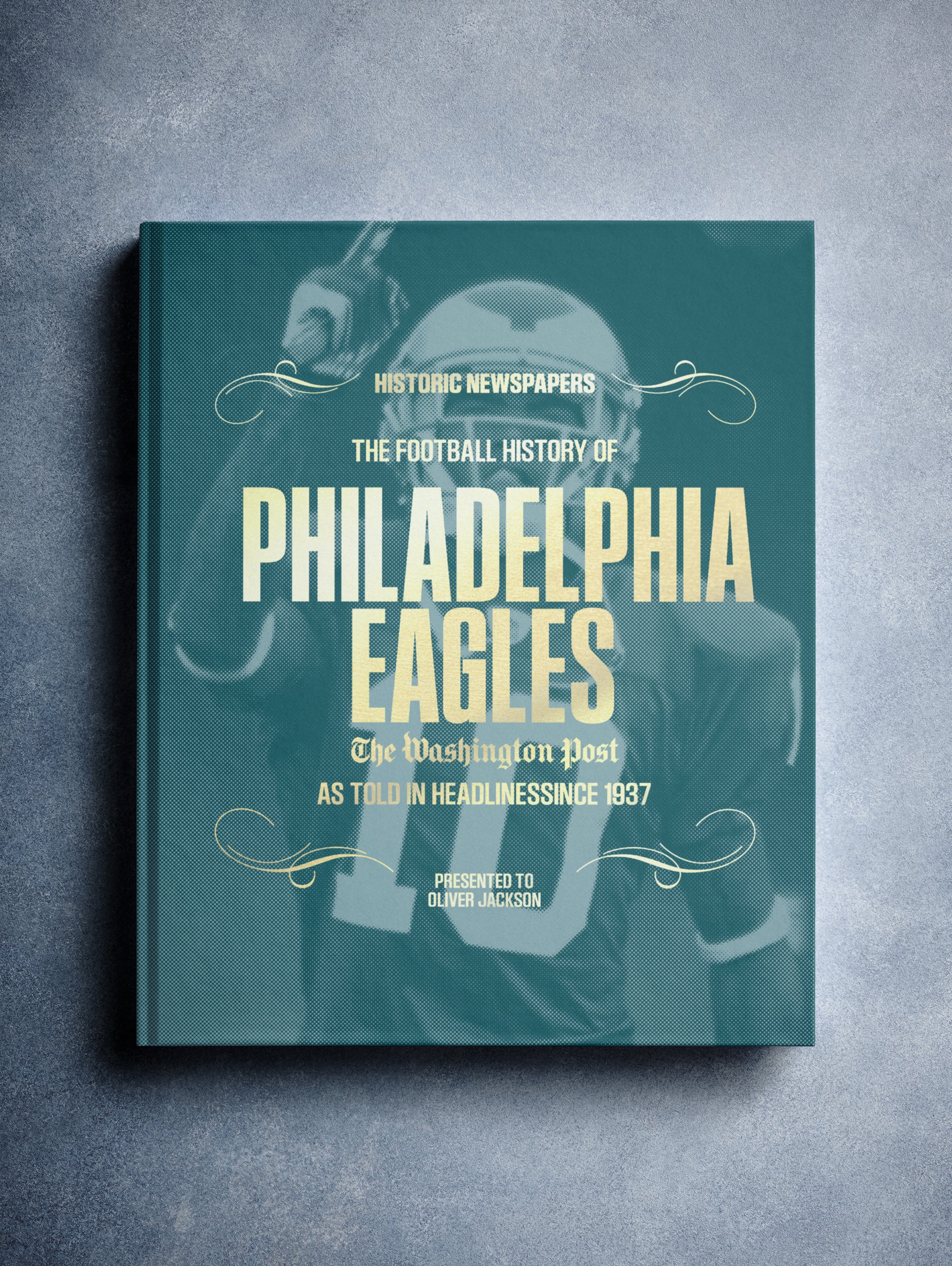



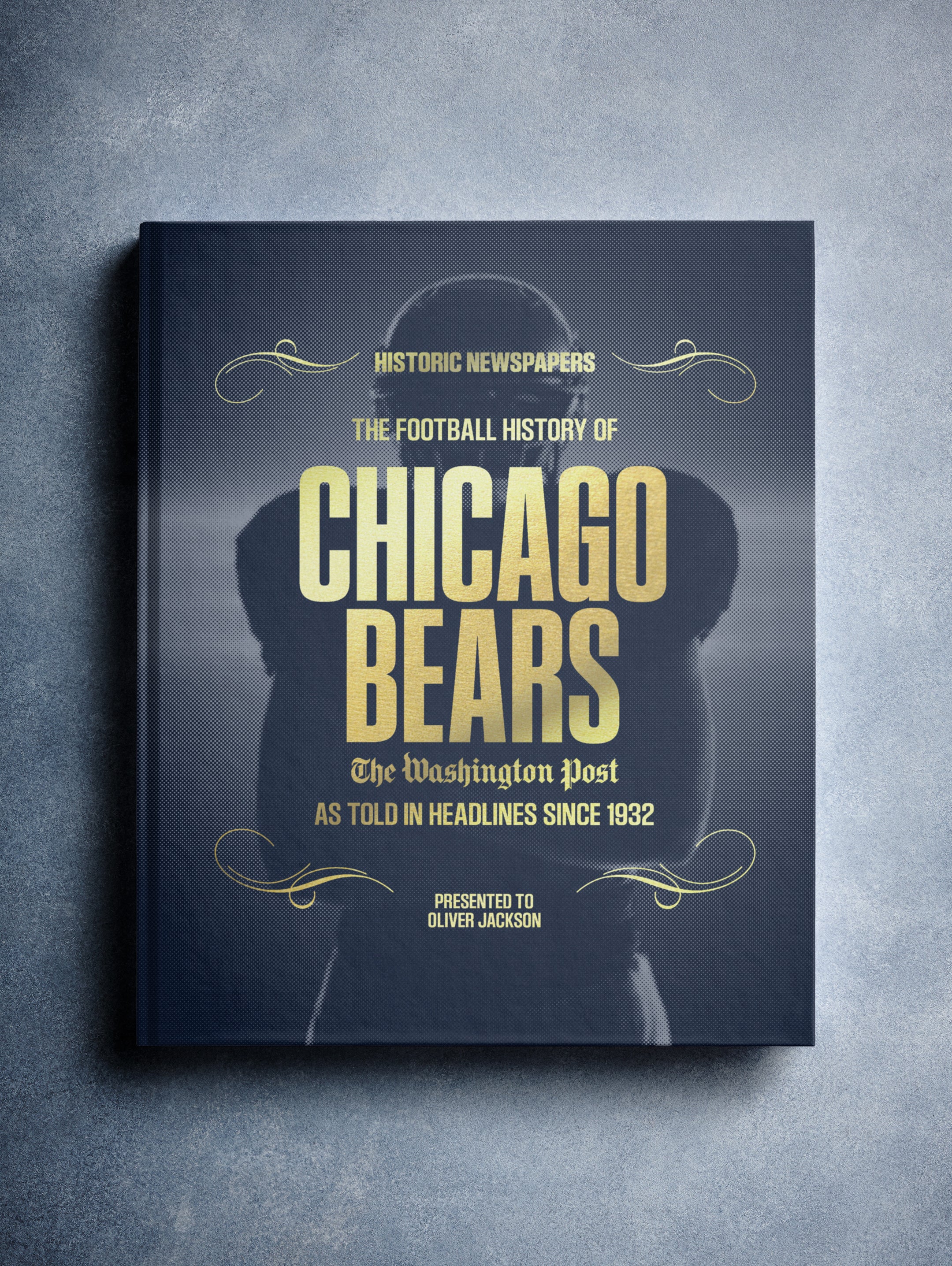


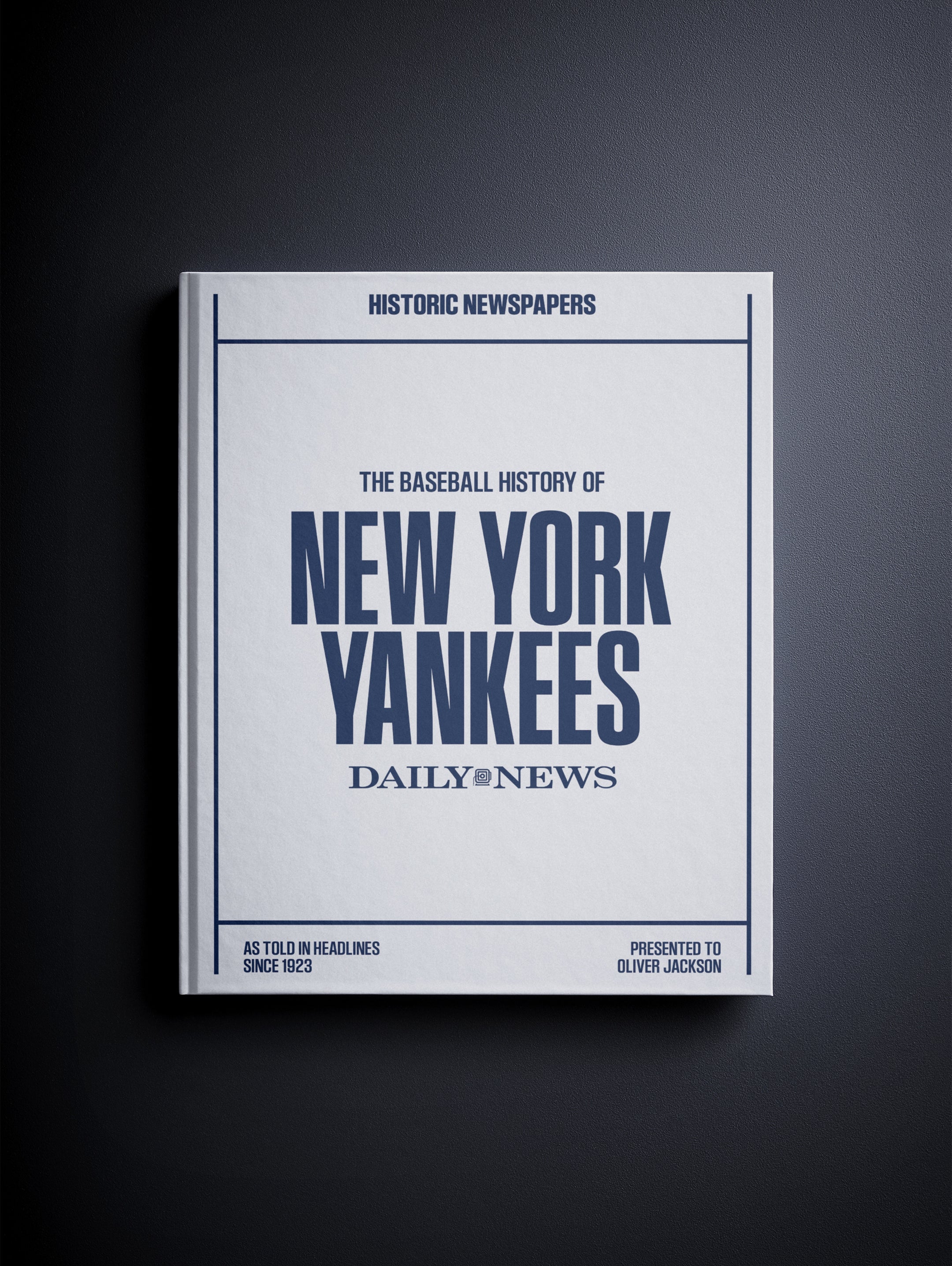
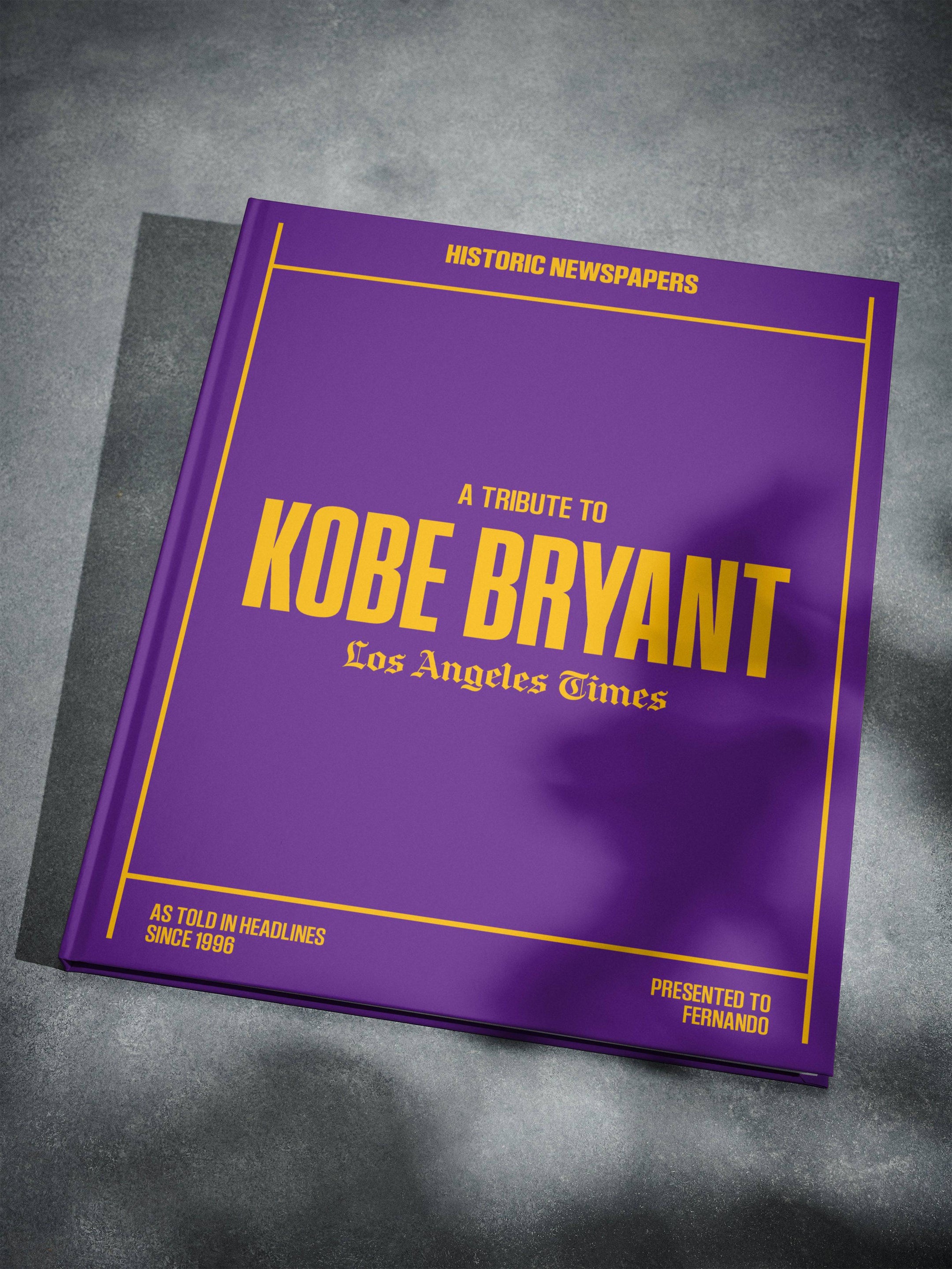

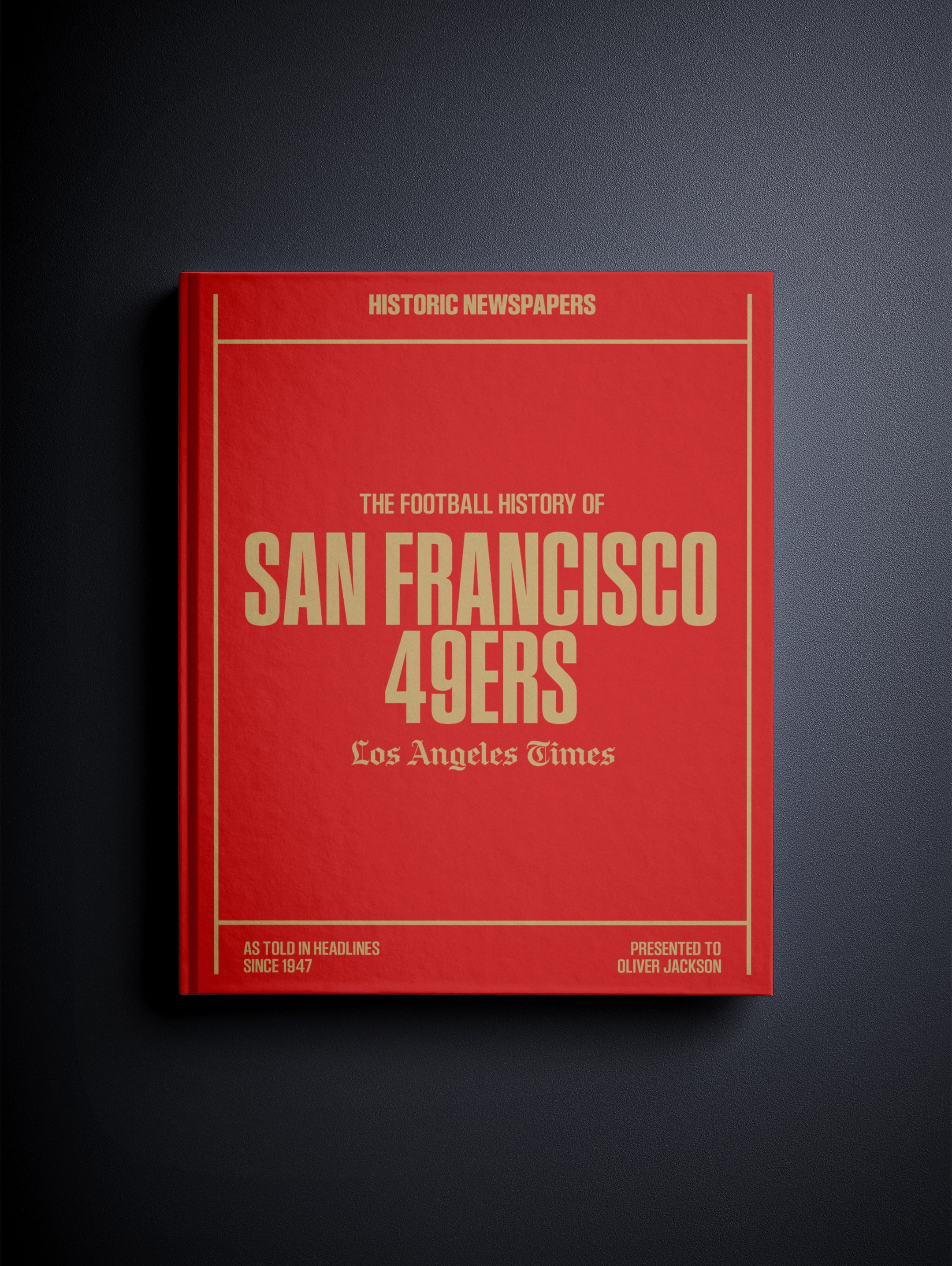
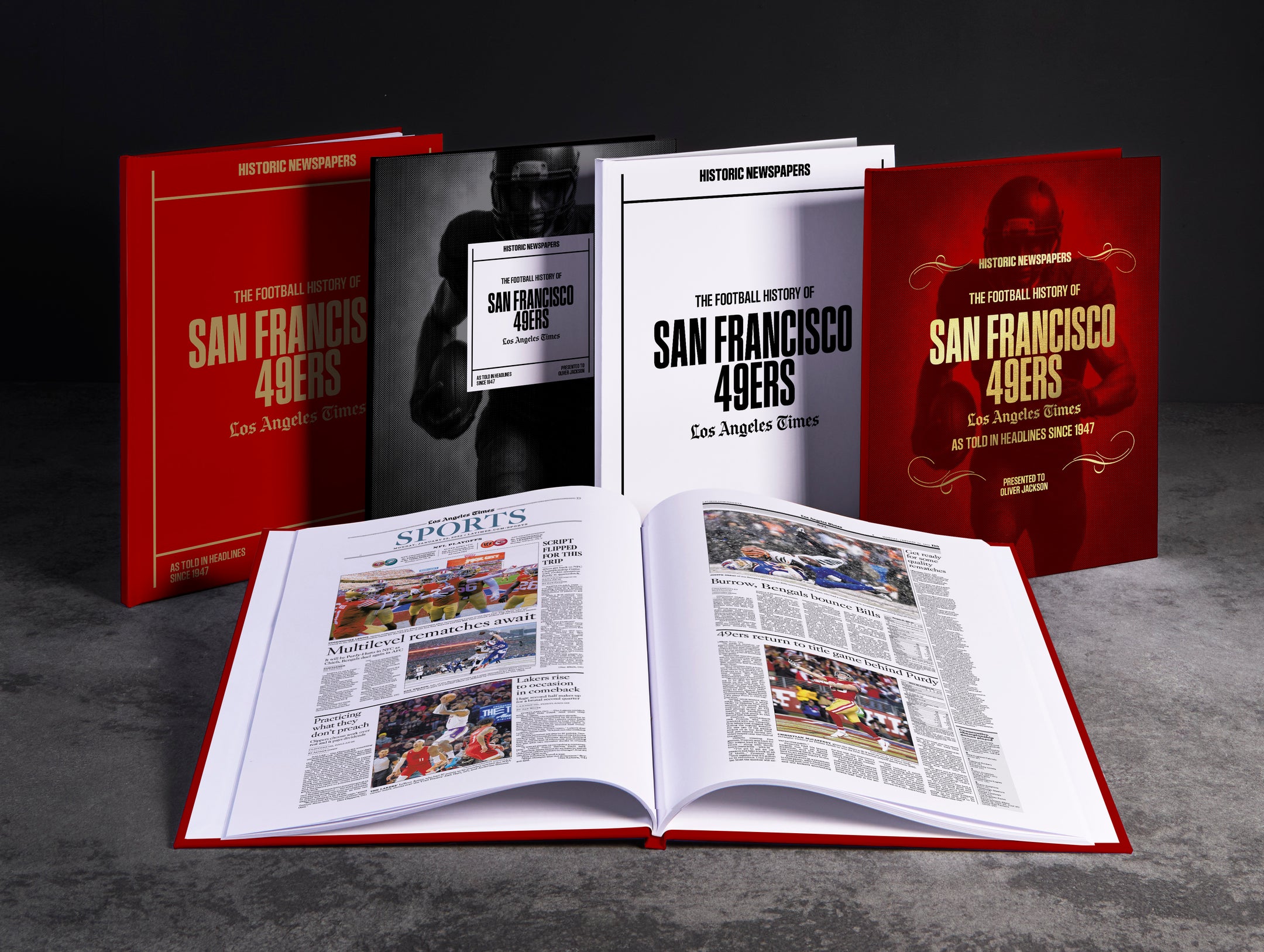
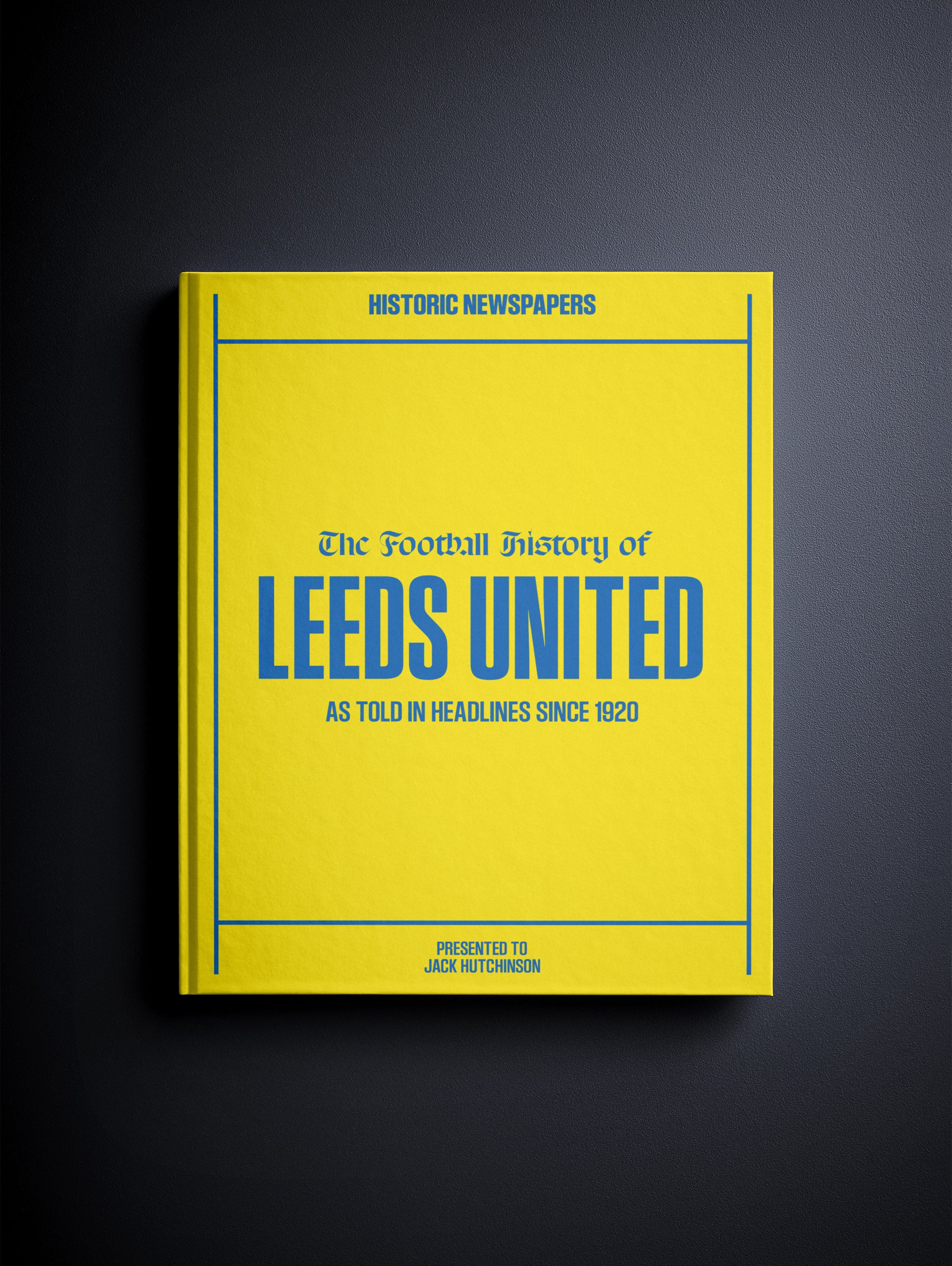


Follow us